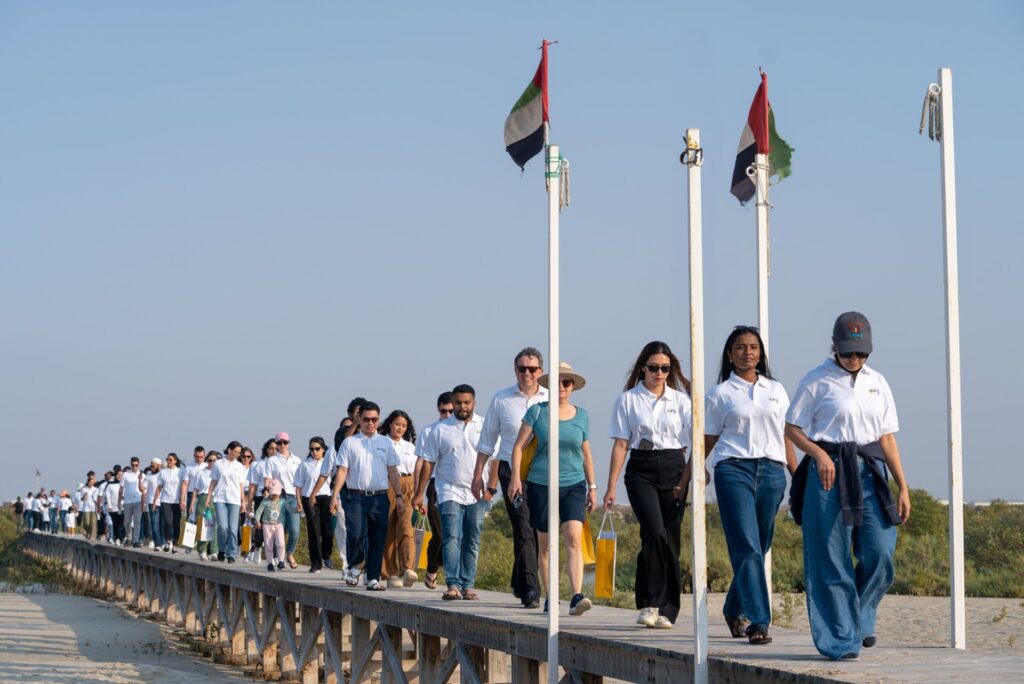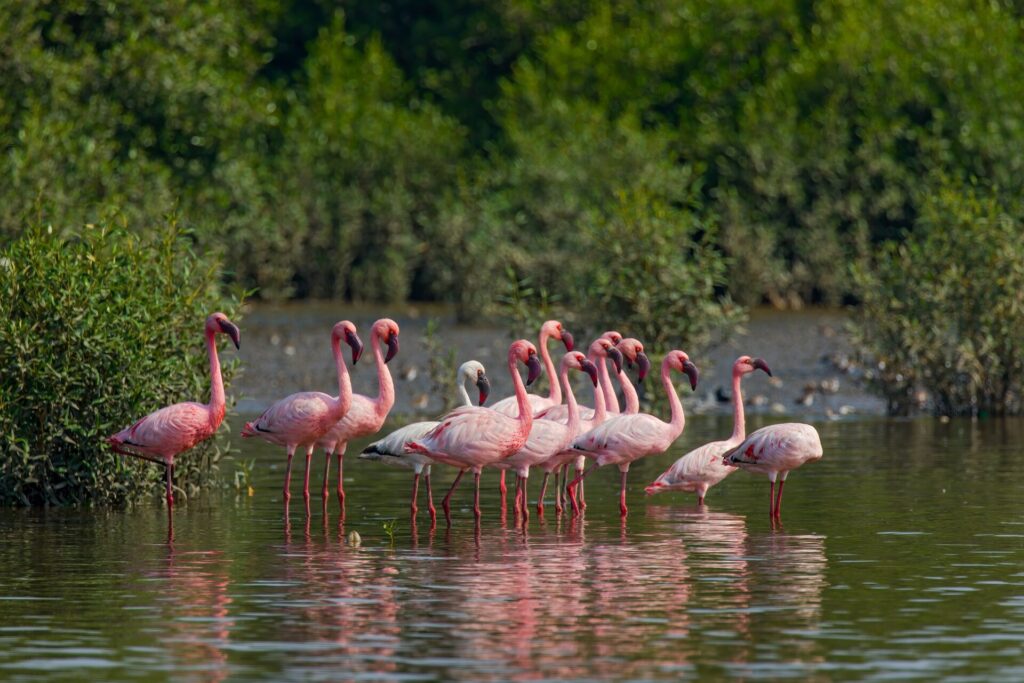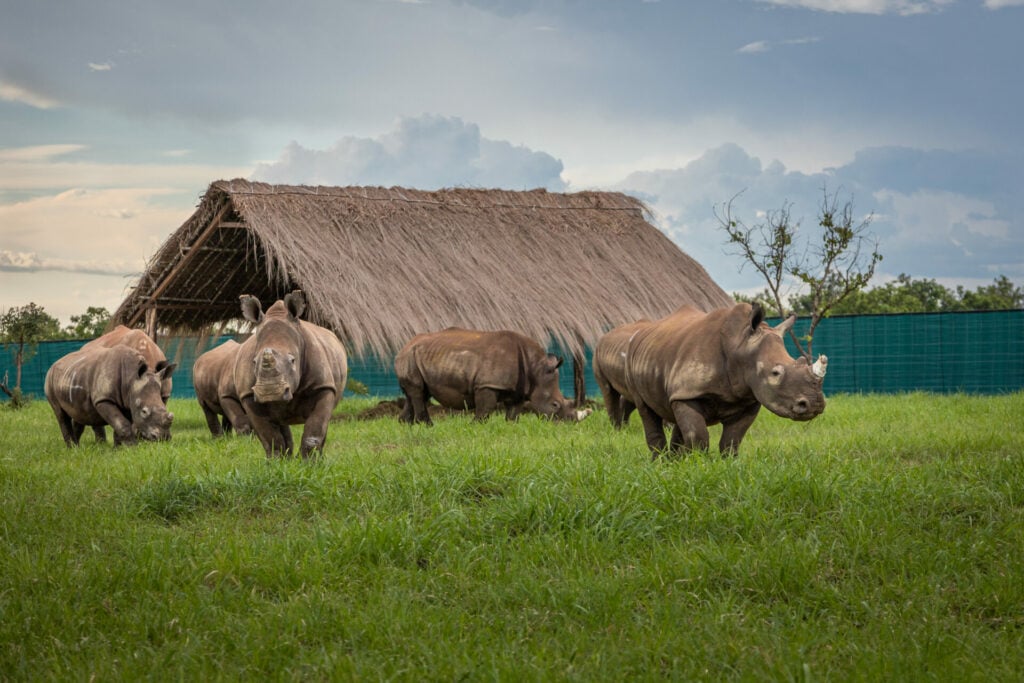IFZA, Dubai’s leading free zone community, has planted 30,000 mangroves through its GROW initiative, including 500 mangrove trees at the Jebel Ali Wildlife Sanctuary, a vital coastal area known for its rich biodiversity and climate resilience.
The project brought together over 70 IFZA employees and partners, as part of the UAE’s climate neutrality strategy goal of planting 1 billion trees by 2030. The initiative also aligns with the Mangrove Alliance for Climate (MAC) Strategy 2031, launched at COP29, and reinforces the UAE’s ongoing fight against climate change.
Jochen Knecht, CEO of IFZA, commented, ‘At IFZA, sustainability is integral to our vision. Mangroves are powerful in combating climate change, and through our GROW initiative, we are making significant strides in supporting the UAE’s long-term environmental objectives. We are proud to play a part in shaping a greener future for generations to come.’

To ensure long-term monitoring, each of the 500 newly planted saplings was equipped with a GPS tracker.
The event provided valuable insights into the role of mangroves in carbon sequestration, coastal protection, and marine biodiversity.
Mangroves are capable of absorbing carbon dioxide from the atmosphere, acting as natural carbon sinks and helping to reduce greenhouse gases. They also play a crucial role in protecting coastlines by preventing erosion and buffering the impact of storms. Beyond their climate benefits, mangroves provide vital habitats for a range of marine life, supporting biodiversity and ensuring the health of local ecosystems.

In the UAE they are home to hundreds of bird and plant species including migrating greater flamingo, western reef heron and mottled crab.
Although mangroves cover less than one per cent of the earth’s surface, they form one of its most biodiverse environments. Worldwide they provide a valuable nursery habitat for fish and crustaceans; a food source for monkeys, deer, birds, even kangaroos; and a source of nectar for honeybees. They support complex communities, where thousands of other species interact
Globally however they are being destroyed at rates 3 to 5 times greater than forest loss. Over a quarter of the world’s original mangrove cover has already disappeared.













